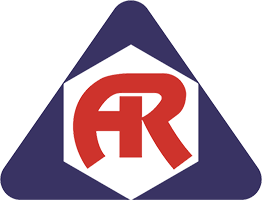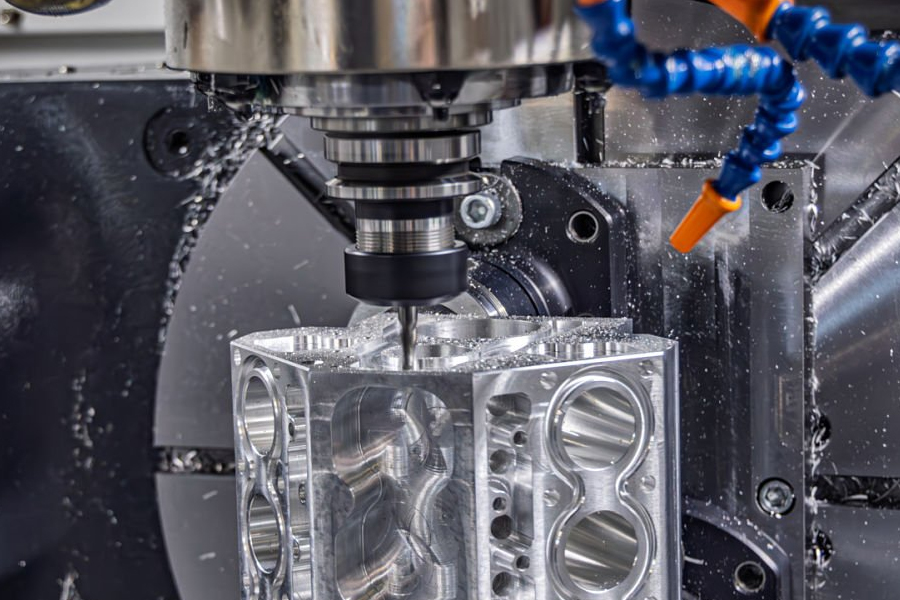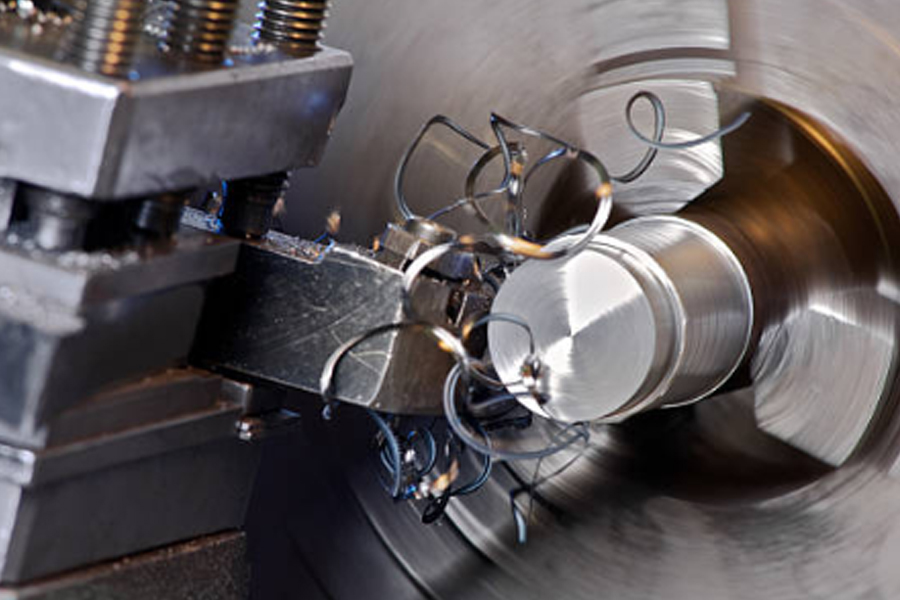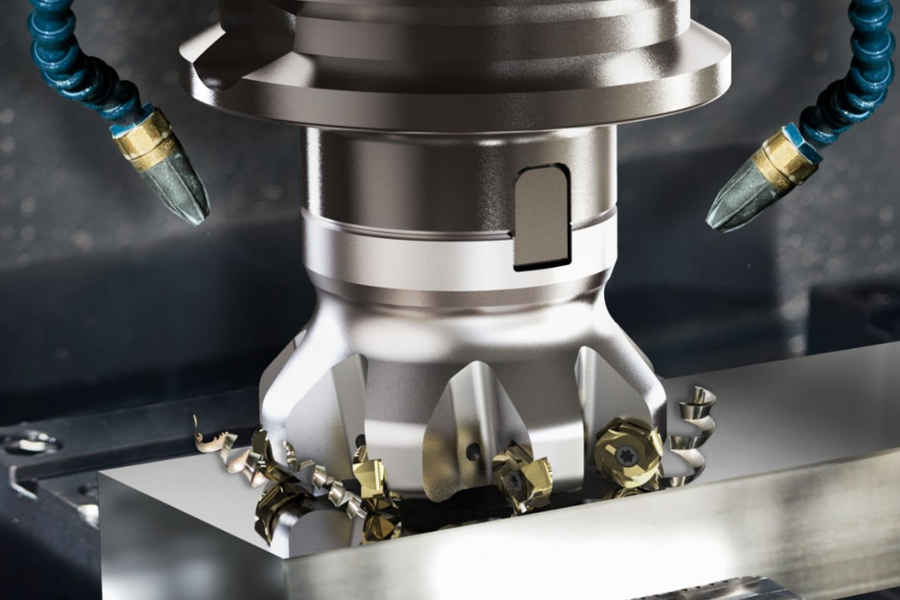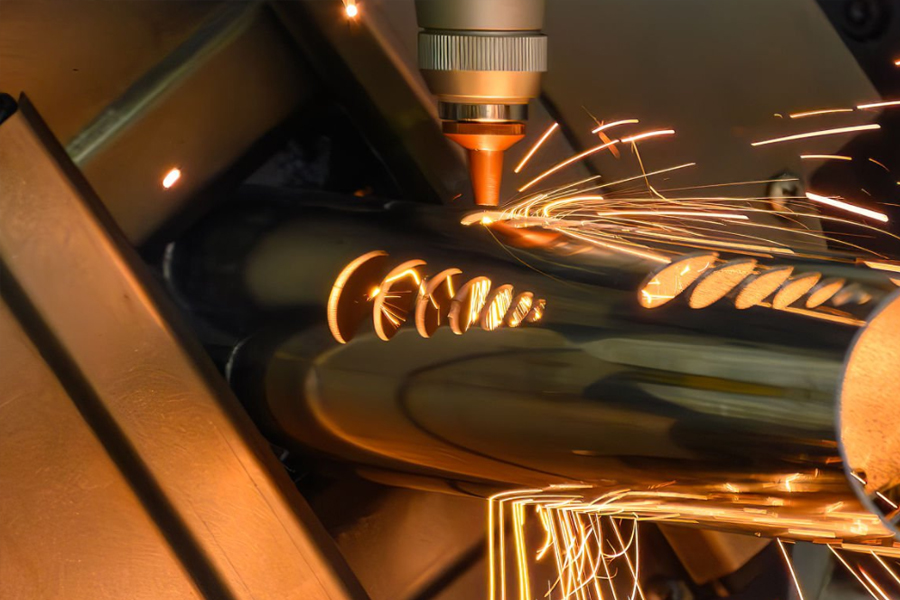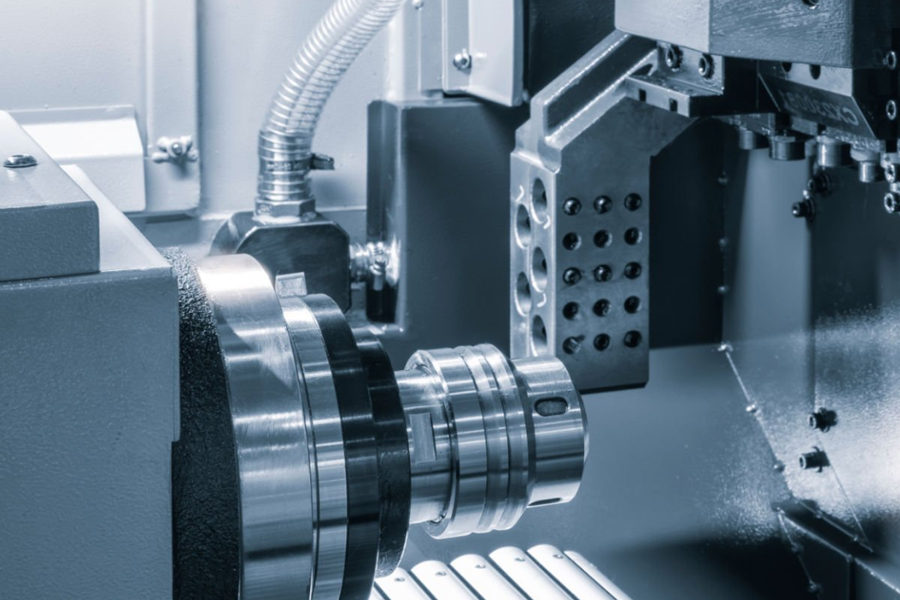In the field of CNC machining and CNC precision machining, precision measurement plays a pivotal role. It is a key link to ensure product quality and precision, and it is related to the success or failure of the entire production process. So what exactly is precision measurement in manufacturing in CNC machining?
Conceptually, CNC precision measurement refers to the process of accurately measuring the size, shape, position and other parameters of the workpiece using high-precision measuring equipment and advanced measuring technology during CNC machining. It is like a “fire eye” to check the quality of the product, not letting go of any slight deviation. In CNC machining, every size and every shape must meet the design requirements, and precision measurement is the guarantee to achieve this goal.
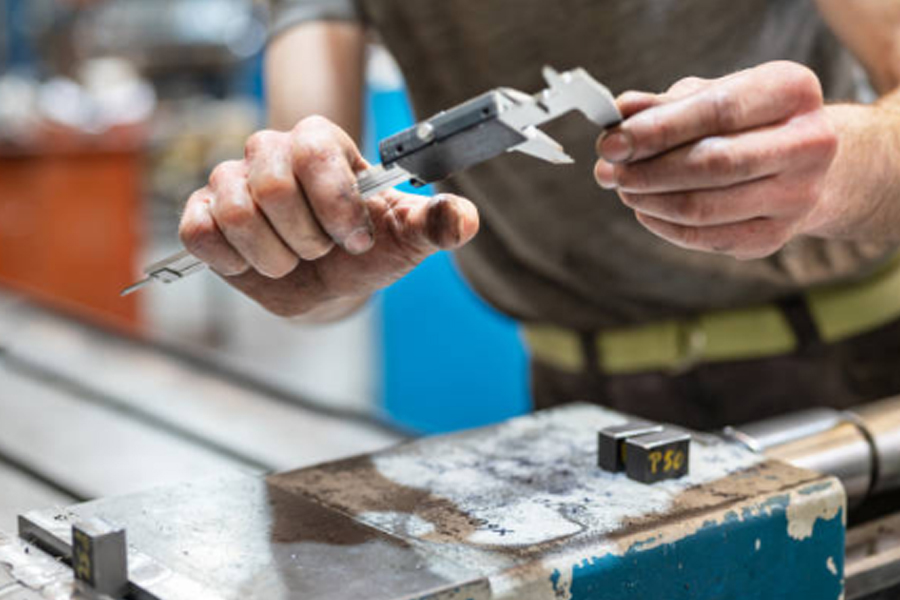
The importance of precision measurement is self-evident. In CNC precision machining, even extremely small errors may lead to product performance degradation or even scrapping. For example, in the field of aerospace, the machining accuracy of engine parts directly affects the performance and safety of the engine. Through CNC precision measurement, the deviation in the machining process can be monitored in real time, and the machining parameters can be adjusted in time to ensure the high-precision manufacturing of parts and avoid serious consequences caused by error accumulation.
In actual operation, there are a variety of measuring tools and technologies for CNC precision measurement. Common measuring tools include three-dimensional coordinate measuring machines, which can accurately measure workpieces in three-dimensional space. Whether it is a complex curved surface or a tiny aperture, its size and position can be accurately determined. There is also a laser interferometer, which uses the interference principle of laser to perform high-precision detection of the positioning accuracy and straightness of the machine tool, providing a basis for the precision adjustment of the machine tool. In terms of measurement technology, non-contact measurement technology is becoming more and more popular, such as optical measurement technology, which can quickly and accurately obtain the surface profile information of the workpiece through cameras and image processing algorithms, and will not cause damage to the surface of the workpiece.
CNC precision measurement runs through all aspects of CNC processing. Before processing, the raw materials are precisely measured to ensure that their size and material meet the requirements and avoid processing defects caused by raw material problems. During the processing, the processing status of the workpiece is monitored in real time. Once a deviation is found, the processing parameters are adjusted immediately to ensure the stability of the processing accuracy. After the processing is completed, the finished product is fully inspected. Only products that meet the design standards through precise measurement can enter the next stage.

In different industries, CNC precision measurement plays a key role. In automobile manufacturing, the processing of key parts such as engine cylinders and transmission gears cannot be separated from the support of precision measurement to ensure the high-precision matching of parts and improve the performance and reliability of the car. In the field of medical device manufacturing, for products such as artificial joints and heart stents, precision measurement is even more related to the life and health of patients. Only high-precision products can be safely implanted in the human body.
In CNC processing, precision measurement in manufacturing is the core element to ensure product quality and accuracy. Through advanced measurement tools, technology and strict measurement processes, it provides a solid guarantee for the smooth progress of CNC precision processing and the improvement of product quality, and promotes various industries to continuously move towards high-precision manufacturing.
